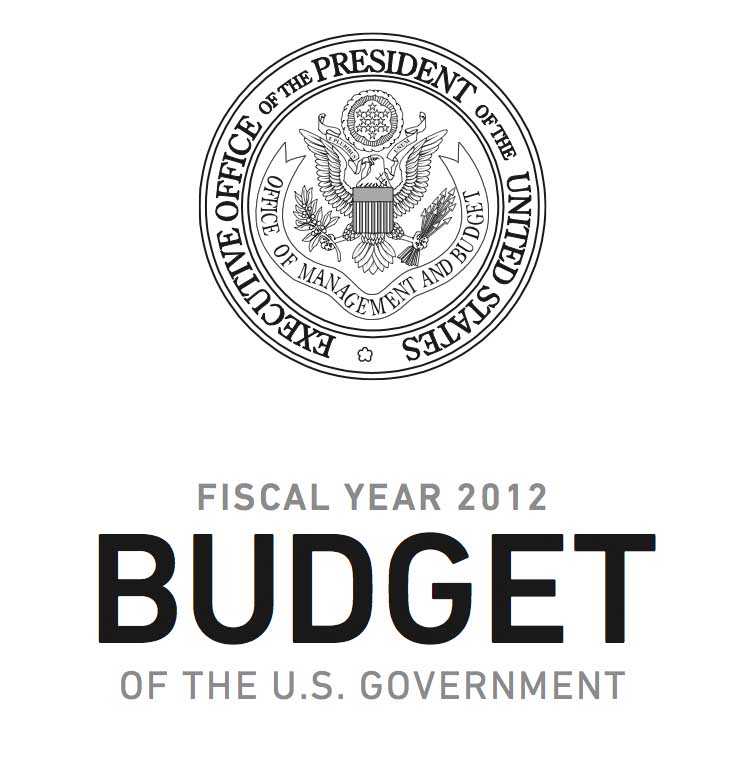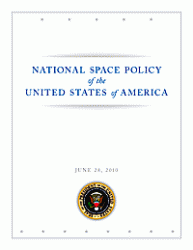
The Office of Naval Research (ONR) has issued a Broad Agency Announcement (ONRBAA13-002) seeking proposals from industry and academia for methods to mitigate the denial of positioning, navigation, and timing (PNT) services to U.S. naval forces.
The BAA invitation reflects anxiety about the vulnerability of GPS and overreliance of U.S. military personnel and systems on the space-based system.
The Office of Naval Research (ONR) has issued a Broad Agency Announcement (ONRBAA13-002) seeking proposals from industry and academia for methods to mitigate the denial of positioning, navigation, and timing (PNT) services to U.S. naval forces.
The BAA invitation reflects anxiety about the vulnerability of GPS and overreliance of U.S. military personnel and systems on the space-based system.
“GPS has become the technology of choice for many users,” ONR noted in describing its research opportunity. “Unfortunately, the GPS signal is a low-power signal that is susceptible to interference. Therefore, there is a need for (1) affordable approaches to make GPS more reliable/robust, and (2) methods of quantifying threats to GPS performance that may be termed "situational awareness" and (3) affordable and reliable precision navigation/timing alternatives to GPS.
The BAA lists three areas of concentration in the Navigation and Timekeeping Program involved in the invitation for proposals: GPS Anti-Jam Technology, Precision Time and Time Transfer Technology, and Non-GPS Navigation Technology.
The Office of Naval Research (ONR) plans to award up to eight contracts (particularly cost-plus-fixed-fee type contracts) ranging between $450,000 and $500,000 per year for each contract, with a typically contract period of up to three years.
Deadline for “white papers” outlining an organization’s or team’s proposal is January 11, 2013, with full proposals due by April 17, 2013.





